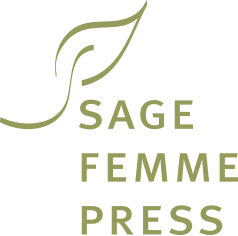A personal library is not a collection of odd volumes: It is the outward representation of one’s inner life, a mirror of the soul, the past spread out before your eyes.
Michael Dirda
The Washington Post
I will be moving soon. Time to choose among my possessions, decide what to pack and what to leave behind. Books are the hardest to cull. It’s not that I could not take them all—it’s that I want to travel light and make space for what is new. When I was younger, this was easy, a matter of course. Not now.
My well-thumbed copy of Sound and Sense—An Introduction to Poetry has followed me since high school. It will make the move. Knowing Woman by Irene Claremont de Castijello has been seminal in my development as a woman and will certainly come. But what about Märchen der Brűder Grimm and the other volumes from German language study and travel in my 20s? What about Thomas Merton and the other spiritual writers who enriched my 30s? the outdated but once essential and still prized texts and reference books from my clinical years? the anthologies in which my work appears?
Then there are the Tony Hillerman murder mysteries that I (who’d never read murder mysteries) was delighted to discover because they taught me about Navajo culture and introduced me to memorable characters like Navajo tribal policemen Joe Leaphorn and Jim Chee. There’s The Anatomy of Melancholy, a massive tome I bought one bleak winter but have never got around to reading because that stage of life seems to have passed and the collections of personal essays (Lewis Thomas, Bill Holm, Kathleen Norris) that have come to me at critical times in my life. As my eyes roam each shelf, I am flooded with memories.
Dirda is right. A personal library is a mirror of the soul, a record of one’s journey through life. Still, all of my books, even those that won’t accompany me this time, have already left their mark. That will be my consolation as I drop them off at Goodwill or some other station along the way to their next destination.
